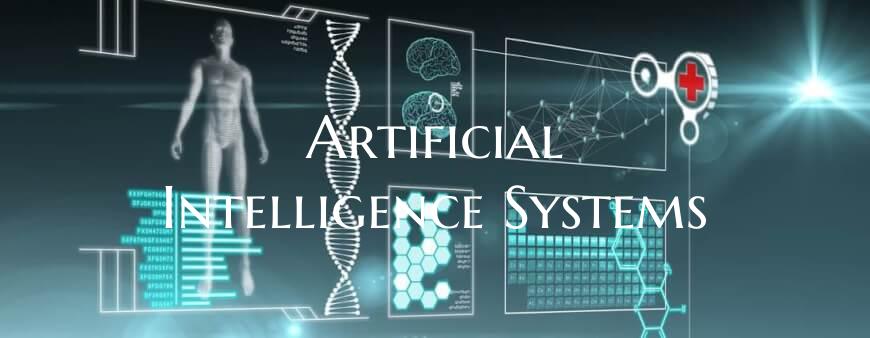Artificial Intelligence Systems
Artificial Intelligence Systems: Enhancing the Future of Technology
Introduction: Artificial Intelligence (AI) systems have become an integral part of our daily lives, revolutionizing the way we work, communicate, and interact with machines. With advanced algorithms and vast amounts of data, AI systems have the potential to transform industries and drive innovation across various sectors. From autonomous vehicles to virtual assistants, AI is paving the way for a future that was once considered science fiction.
Applications of Artificial Intelligence Systems: AI systems are being implemented in a myriad of fields, including healthcare, finance, manufacturing, and transportation. In healthcare, AI-powered tools assist in diagnosing diseases, predicting patient outcomes, and streamlining administrative tasks. Financial institutions utilize AI algorithms for fraud detection, risk assessment, and personalized customer service. Moreover, in the manufacturing sector, AI systems optimize production processes, monitor equipment performance, and enable predictive maintenance.
Challenges and Opportunities: While AI systems offer numerous benefits, there are also challenges that need to be addressed. Concerns regarding data privacy, ethical use of AI, and potential job displacement are some of the key issues that need to be carefully managed. Additionally, addressing biases in AI algorithms and ensuring transparency in decision-making processes are crucial for building trust among users.
However, the opportunities presented by AI systems are immense. Advancements in machine learning, deep learning, and natural language processing are opening new possibilities for improving efficiency, enhancing user experience, and driving innovation. As AI technology continues to evolve, businesses and institutions are exploring ways to leverage these systems for competitive advantage and societal progress.
Future Prospects: The future of AI systems holds great promise, with ongoing research and development pushing the boundaries of what is possible. Areas such as explainable AI, autonomous systems, and human-AI collaboration are shaping the next generation of intelligent machines. As AI systems become more sophisticated and ubiquitous, the need for responsible AI governance and oversight becomes increasingly important to ensure that these technologies are used for the greater good.
Conclusion: Artificial Intelligence Systems have the potential to revolutionize the way we live and work, offering unprecedented capabilities to enhance efficiency, improve decision-making, and drive innovation. As we navigate the opportunities and challenges of AI systems, it is essential to prioritize ethical considerations, data privacy, and inclusivity to ensure that these technologies benefit society as a whole. With ongoing collaboration between researchers, policymakers, and industry stakeholders, the future of AI systems looks bright, promising a new era of technological advancement and progress.

